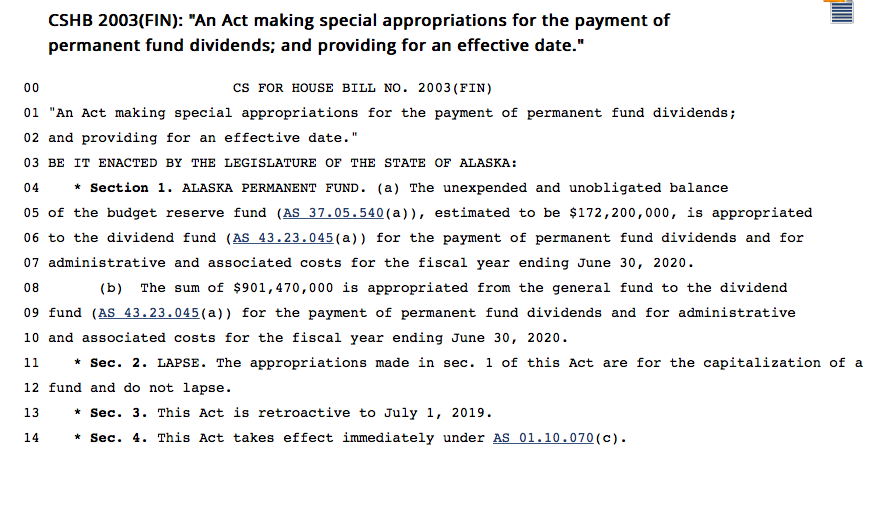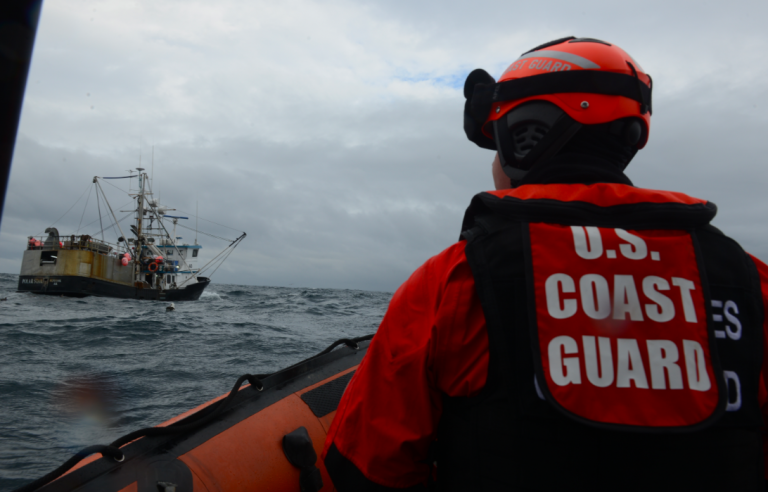The Human Rights Commission is once again in turmoil, after Executive Director Marilyn Stewart was shown the door after just two weeks on the job.
From interviews conducted by Must Read Alaska, it appears that Stewart was not the hire-of-choice for Chairwoman Debbie Fullenwider, who has orchestrated a coup against Stewart. Fullenwider felt that Stewart, who applied for the job and had been working in the Governor’s Office, was shoved down her throat.
Fullenwider had already lined up an interim executive director to step in the moment Stewart was released. Nanette Gay was also the interim director when the previous executive director resigned under pressure.
[Read: Human Rights Commission director resigns over Black Rifles Matter dustup]
A letter from Marcus Sanders to Chairwoman Fullenwider and his fellow commissioners was sent anonymously to Must Read Alaska. In the letter, Sanders, who is the commission’s vice chairman, outlined the events as he saw them unfold:
Sanders said that on July 17, a meeting was held with Stewart at the request of Fullenwider at the commission office in Anchorage. Sanders described it as a non-public meeting that had, in attendance, Fullenwider, Vice Chairperson Sanders, Commissioner David Barton, Administrative Officer Toyia Del Valle and Commission Secretary Shari Ketchum.
Stewart asked that the two staff members leave the meeting so the participants could speak confidentially. The pay for Stewart was one of the topics to be discussed.
“While addressing issues, at some point in the discussion between Chairperson Fullenwider and Executive Director Stewart, the conversation became heated and confrontational. I was a little disappointed in the actions of Chairperson Fullenwider. I felt she showed little respect toward the Commission’s new Executive Director. I felt some of the comments made did not represent the Commission and what the Commissioners and the Human Rights Commission stands for,” Sanders wrote.
“I am not writing to destroy or tear down anyone. I would like to use this incident as a learning tool. Moving forward my desire is that we treat everyone including Commissioners and staff with mutual respect and honor. I realize that in the past there has been some tension in the office around recent events concerning former Executive Director Marti Buscaglia. The Alaska State Commission for Human Rights is getting past these highly unusual circumstances and moving toward the future. My hope is that in the future we are able to work out our differences and work together to build trust with one another and the citizens of Alaska that we serve,” he wrote.
Sanders’ letter said that Fullenwider questioned Stewart’s qualification and said the commission had lost confidence in her.
“In making that statement, Chairperson Fullenwider was speaking for herself and not for the entire Commission. I personally do not agree with statements that were made. The entire Commission reviewed and vetted Marilyn’s resume. As a body, the Commission came to a consensus that Marilyn was the most qualified and we wanted her to be our new Executive Director. The Commissioners placed our confidence in her ability to run the day to day operations of the Human Rights Commission representing the Commission,” Sanders wrote.
“With regards to the issue of pay, Marilyn had some legitimate questions. She followed proper protocol and expressed those concerns. Marilyn is fully within her rights to be asking these questions. I fully support her right to ask those questions. Once Marilyn concerns were conveyed to the Chairperson, the next step is for the Commission to hold a public meeting and discuss this issue during executive session,” Sanders wrote. “We will be discussing the issues raised and the question of whether there is money available in the budget. A decision will be made by the entire Commission operating as one body.”
But then, Sanders wrote, Fullenwider addressed Stewart: “I am not going to get in a pissing match with you.”
“I felt that statement was disrespectful and highly unprofessional. Statements like that should be left at home and not used at the office,” Sanders wrote. “That statement can be misconstrued in multiple ways. During the course of one of our investigations, if an employer made that statement investigations might conclude that the employee had been subject to a hostile work environment among other conclusions. This statement made by Chairperson Fullenwider made me personally uncomfortable and I found it offensive. I think she should apologize.”
During the meeting, the three male commissioners all voted to retain Stewart, while the four female commissioners voted to fire her. Fullenwider was heard to remark that perhaps Stewart works better with men than women.
As for Stewart, she says she is in a state of shock, because she had no idea that she was being immediately terminated. But the sequence of events shows that the four commissioners who voted to remove her had prearranged to retain Nanette Gay as the interim executive director, which indicates planning had taken place prior to the meeting with Stewart.










